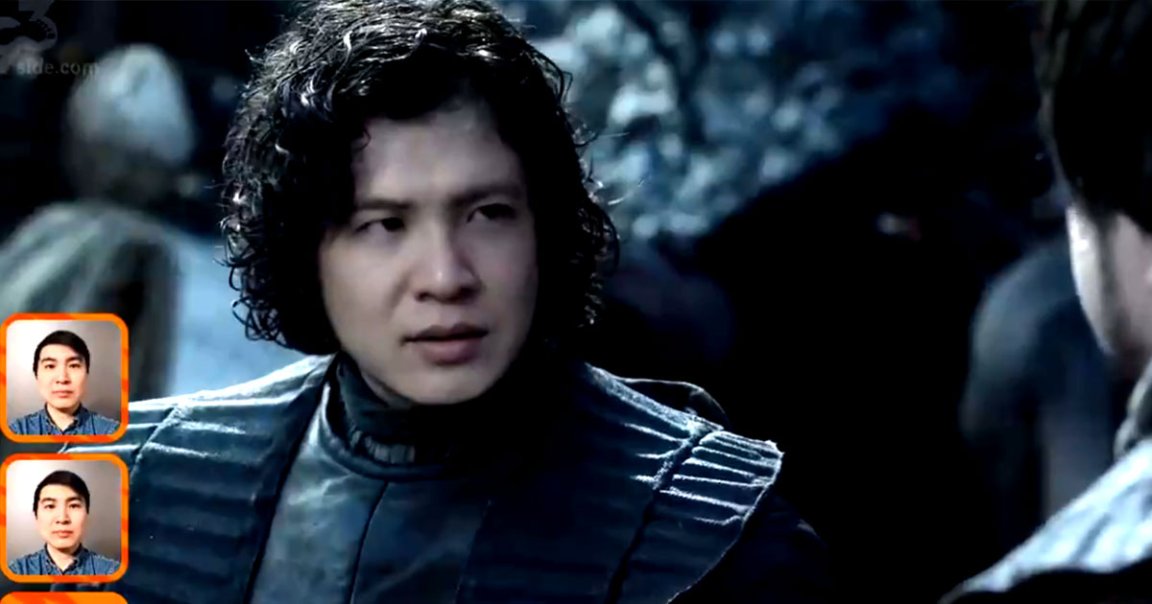
Face Rights
On Friday, Chinese company Momo launched Zao, a new deepfake app that lets iPhone users in China replace actors’ faces in video clips with their own. The app quickly went viral, and by Sunday, it topped the Chinese App Store’s free chart.
But users may have been a bit too eager to use Zao to create deepfakes of themselves replacing Leonardo DiCaprio in “Titanic.” By using the app, they essentially granted Momo the ability to use their faces however it wanted — prompting a wave of backlash from privacy experts.
Illegal Terms
According to a Bloomberg story, the original version of Zao’s user agreement granted Momo “free, irrevocable, permanent, transferable, and relicense-able” rights to any user-generated content.
This prompted the China E-Commerce Research Center to release a statement on Monday claiming that the deepfake app “violates certain laws and standards set by the nation and the industry” and urging authorities to look into Zao.
Pros and Cons
Momo quickly revised the Zao user agreement to address experts’ privacy concerns. Now, unless it has a user’s preapproval, it won’t use uploaded photos or videos for anything other than improving the app.
Still, no word on whether the change applies retroactively — meaning there’s a chance Momo still has a huge library of faces at its disposal.
READ MORE: Viral Chinese deepfake app Zao lets people superimpose their faces onto celebrities like Leonardo DiCaprio and it is terrifyingly convincing [Business Insider]
More on deepfakes: New System Makes It Troublingly Easy to Create Deepfakes